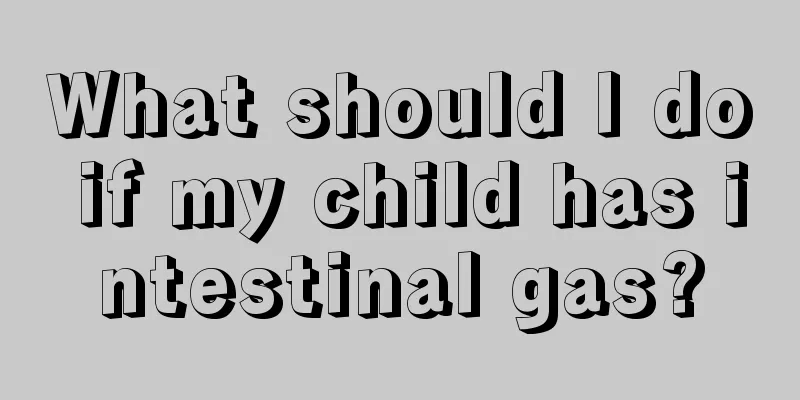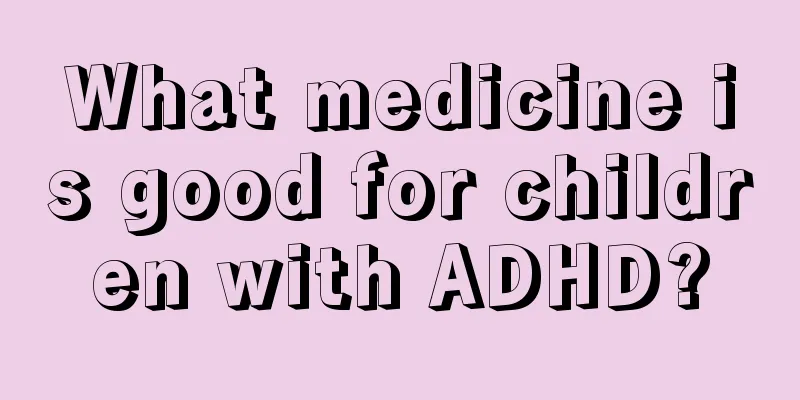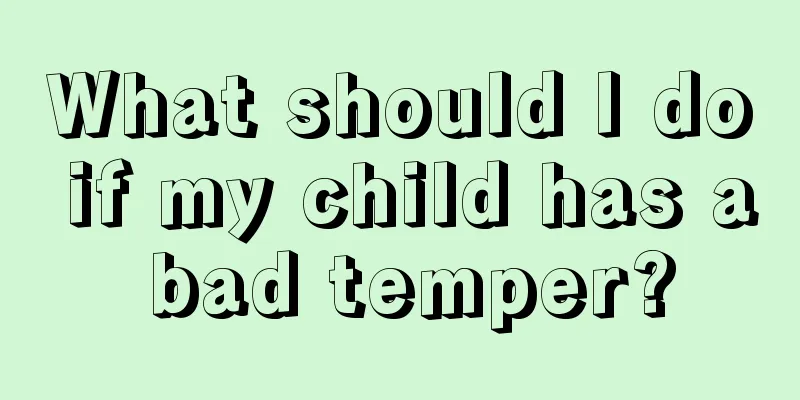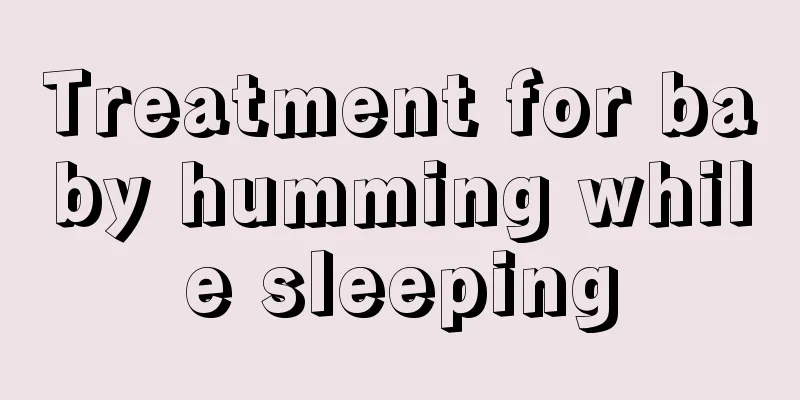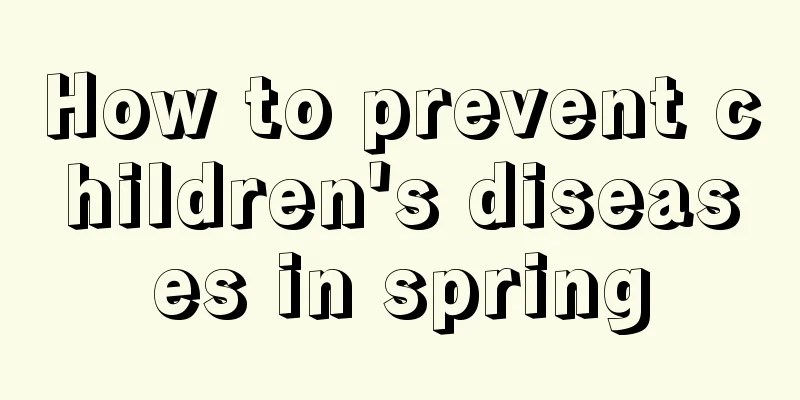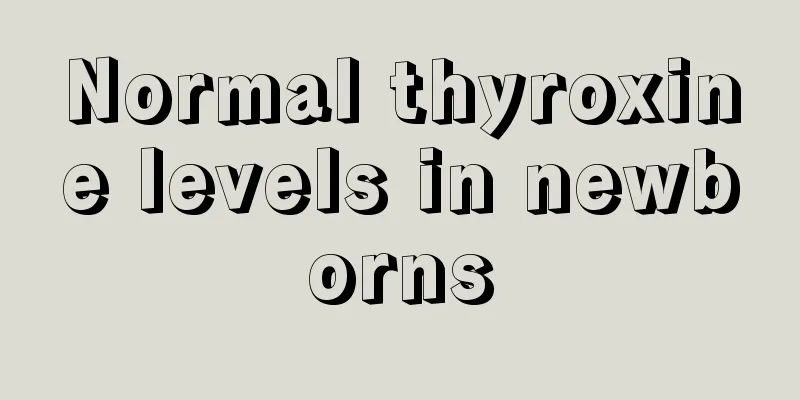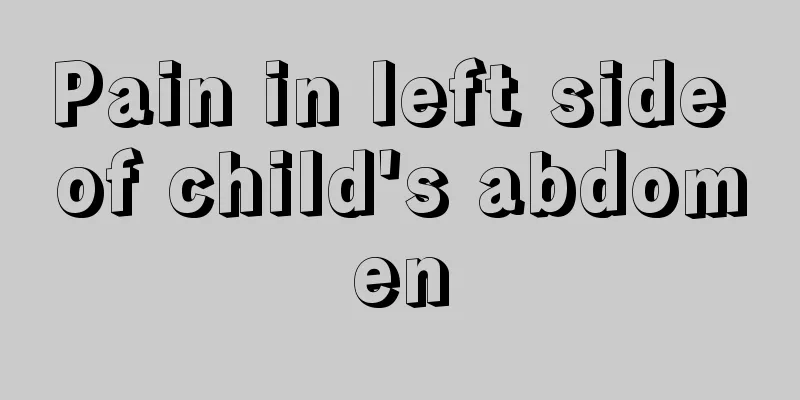What are the symptoms of autism in children
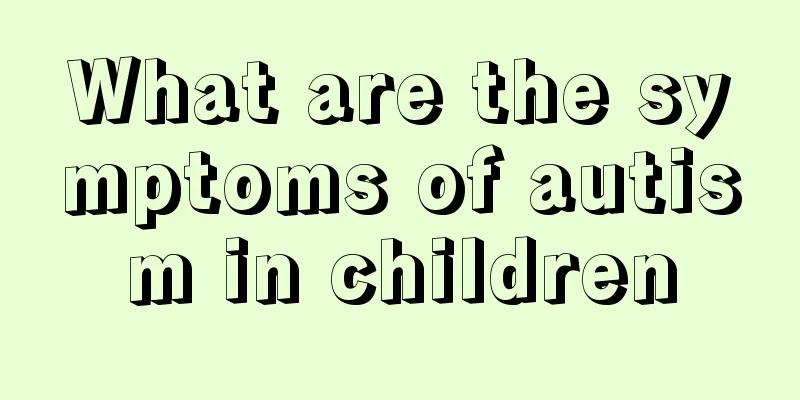
|
In life, we see many children suffering from autism. Since they suffer from autism, they must have a lot of psychological pressure, which leads to loneliness. If such a disease occurs in children, they will not make friends, do everything alone, do not like to talk to people, and shut themselves up in one place for a long time. So what symptoms will children with autism have? Children with autism are generally lonely and isolated. They often live and do things alone and are usually unwilling to talk. Sometimes they cannot say a word all day. This is the most troublesome thing for parents, as not speaking means there is no communication. So, let me first introduce the various manifestations of autistic children. 1. Language Barrier Language and communication disorders are important symptoms of autism. It is the main reason for most children to seek medical attention. Language and communication disorders can manifest in many forms. Most children with autism have delayed or impaired language development. They usually still cannot speak at the ages of two and three, or they experience language regression after normal language development. They have expressive language before the age of 2 to 3 years, which gradually decreases with age or is even lost completely. They remain silent for life or, in rare cases, use limited language. They have some degree of obstacles in their perception and expression of language. 2. Social interaction disorder The patient is unable to establish normal interpersonal relationships with others. When they are young, they do not make eye contact with others, have a dull expression, lack the expression or gesture of expecting hugs and caresses from their parents or others, and have no happy expression when enjoying caresses, and even reject hugs and caresses from their parents and others. He cannot distinguish between close and distant relationships and treats his relatives with the same attitude as he treats other people. Unable to establish a normal attachment relationship with parents, patients have difficulty establishing normal partnerships with children of the same age. For example, they tend to stay alone in kindergarten and do not like to play with their peers. When they see some children playing games enthusiastically together, they have no interest in watching or desire to participate. 3. Narrow interests and stereotyped behavior patterns The patient is not interested in the games and toys that normal children are keen on, but likes to play with non-toy objects, such as a bottle cap, or observe the rotating electric fan, etc., and can last for dozens of minutes or even several hours without feeling bored. Not interested in the main features of toys, but very concerned about non-main features: patients stubbornly require to keep the daily activity routine unchanged, such as going to bed at the same time, covering the same quilt, taking the same route when going out, etc. If these activities are stopped or behavioral patterns are changed, the patient will express obvious unhappiness and anxiety, and even engage in rebellious behavior. Patients may have repetitive stereotyped movements, such as clapping their hands, turning in circles, licking the wall with their tongue, stomping their feet, etc. 4. Intellectual Disability Among children with autism, the intelligence levels are very inconsistent. A few patients are within the normal range, while most patients show varying degrees of intellectual disability. Domestic and foreign studies have shown that intelligence tests on autistic children revealed that about 50% of them had moderate or above intellectual disabilities (IQ less than 50), 25% had mild intellectual disabilities (IQ 50-69), and 25% had normal intelligence (IQ greater than 70). Those with normal intelligence are called high-functioning autism. The above content introduces the symptoms of autism in children. You can check whether your children will have similar symptoms in life. If the child has autism, then the child must be treated in time. When treating autism in children, remember to communicate with the child more, let the child realize the interest in communicating with others, and at the same time give the child more confidence, so that the child can get out of autism as soon as possible. |
<<: Causes of vaginal adhesions in babies
>>: Symptoms of autism in babies
Recommend
Green stool after baby has fever
In the early stages of growth and development, ba...
What can children drink to help them grow taller?
As the academic pressure on children in modern so...
Is it normal for a one and a half year old baby to have thin and yellow hair?
Children are the apple of their parents' eyes...
How to relieve symptoms of endocrine disorders in children
Endocrine disorders will have different symptoms ...
How many days does it take for baby teeth to come out?
When babies are young, they need their parents to...
Rash on baby's neck and face
Every baby is the apple of the parents' eyes....
At what age do girls usually stop growing taller?
For girls, if they have a tall figure, they will ...
What are the symptoms of cerebral palsy in children?
What every mother fears most during the delivery ...
The dangers of little girl's leg-clip syndrome
Parents always find that their little girls have ...
What causes white spots on children's fingers? How to treat it?
If children have white spots on their fingers, pa...
What should I do if my baby has a bad temper?
In life, careful parents will find that the baby’...
Is it good for babies to eat betel nut hammers?
In daily life, we often see people eating betel n...
Is it normal for newborn babies to fart frequently?
Have you ever realized that babies fart a lot soo...
How long will it take for baby's eyelids to get better?
For new parents, they all hope that their baby wi...
How to regulate baby's stomach?
If the baby has a bad stomach, he will show sympt...

